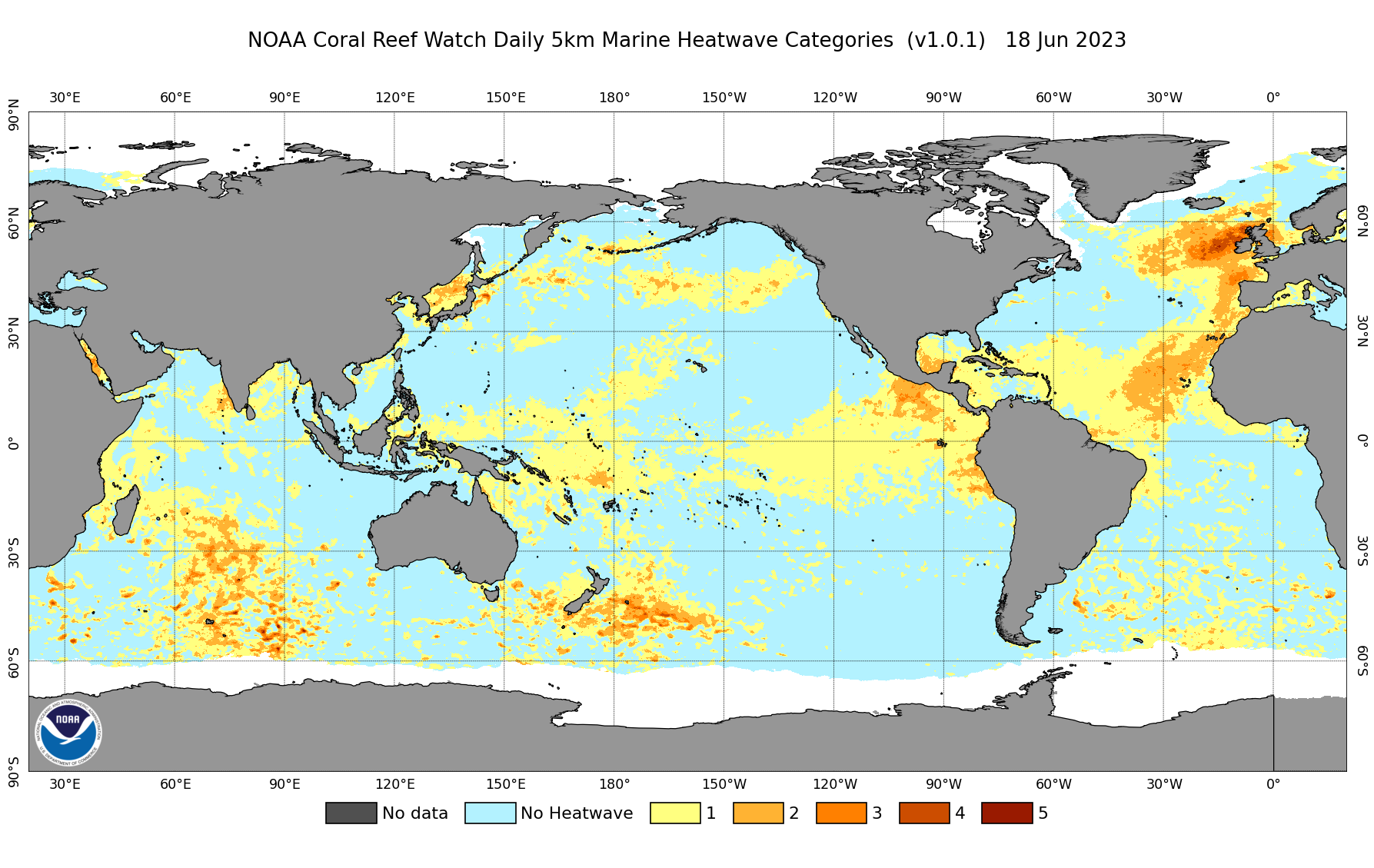2023 is set to be hottest on record amid global heatwaves, scientists say
There is more than 80 per cent chance that this year will be the hottest on record, analysts say
Your support helps us to tell the story
From reproductive rights to climate change to Big Tech, The Independent is on the ground when the story is developing. Whether it's investigating the financials of Elon Musk's pro-Trump PAC or producing our latest documentary, 'The A Word', which shines a light on the American women fighting for reproductive rights, we know how important it is to parse out the facts from the messaging.
At such a critical moment in US history, we need reporters on the ground. Your donation allows us to keep sending journalists to speak to both sides of the story.
The Independent is trusted by Americans across the entire political spectrum. And unlike many other quality news outlets, we choose not to lock Americans out of our reporting and analysis with paywalls. We believe quality journalism should be available to everyone, paid for by those who can afford it.
Your support makes all the difference.This year is set to be the hottest on record for Earth, scientists said, amid blistering heatwaves across the northern hemisphere and global temperature records being shattered one after another.
An analysis published by Berkley Earth in July found there to be a more than 80 per cent chance of 2023 being the hottest year on record.
The organisation, which analyses each month’s global temperatures and predicts extreme temperature records, had earlier in May set the chance of 2023 becoming the hottest at 54 per cent.
Since then, the Earth has recorded its hottest temperatures ever in July, ocean heatwaves have been off the charts and unprecedented heatwaves have been striking one region of the world after another.
Currently, the Mediterranean is in the middle of blistering heat and wildfires that could see temperatures soaring to the hottest ever recorded on the continent.
Meanwhile, Canada is grappling with its worst wildfire season that has been sending out more dangerous smoke.
The southern US has been baking in record heatwaves and China is grappling with multiple climate disasters all at the same time, with temperatures soaring above 50C in parts of both countries.
China also shattered its highest-ever temperature on Sunday that saw the mercury surge to 52.2C in the remote Sanbao township.
UN scientists warn the Earth is entering “unchartered territory”, with all these events attributed to the worsening manmade climate crisis coupled with the impact of the El Nino phenomenon which refers to the warming of Pacific waters.

The recent Berkley Earth analysis, that put this June as the hottest ever on record, said 2023 is now “likely to become a new record warm year” with an 81 per cent chance.
Average world temperatures have already reached 1.2C higher since the 1800s. But the study noted that the global mean temperature this June stood 1.47C above the 1850-1900 average. The oceans also saw a record temperature increase of 1.12C in June.
The final figures will be out after the end of the year. However, researchers said that with the first seven months of 2023 shattering record after record, it will not be a surprise if 2023 breaks the dubious record of being Earth’s hottest year on record.
The last few years have already been some of the hottest since humans started keeping records in 1800s. According to the US government’s National Oceanic and Atmospheric Administration (Noaa), 22 of the last 23 years have been the hottest ever.
Till now, the hottest year on record is a tie between 2016 and 2020.
A report by World Meteorological Organisation (WMO) earlier said there is a 98 per cent likelihood that “at least one of the next five years, and the five-year period as a whole, will be the warmest on record”.
Assessments by the IPCC, the UN’s top climate body, showed how worsening temperatures are leading to more extreme weather disasters in the form of more hurricanes, droughts, heatwaves and floods.
Europe saw over 61,000 excess deaths in 2022 due to blistering heat, a recent study found.
Experts and campaigners have been calling for an end to greenhouse gas emissions that mainly come from burning fossil fuels for energy.
However, recent climate negotiations have failed to achieve a global consensus on phasing out planet-warming fossils within a specific time frame.







Join our commenting forum
Join thought-provoking conversations, follow other Independent readers and see their replies
Comments